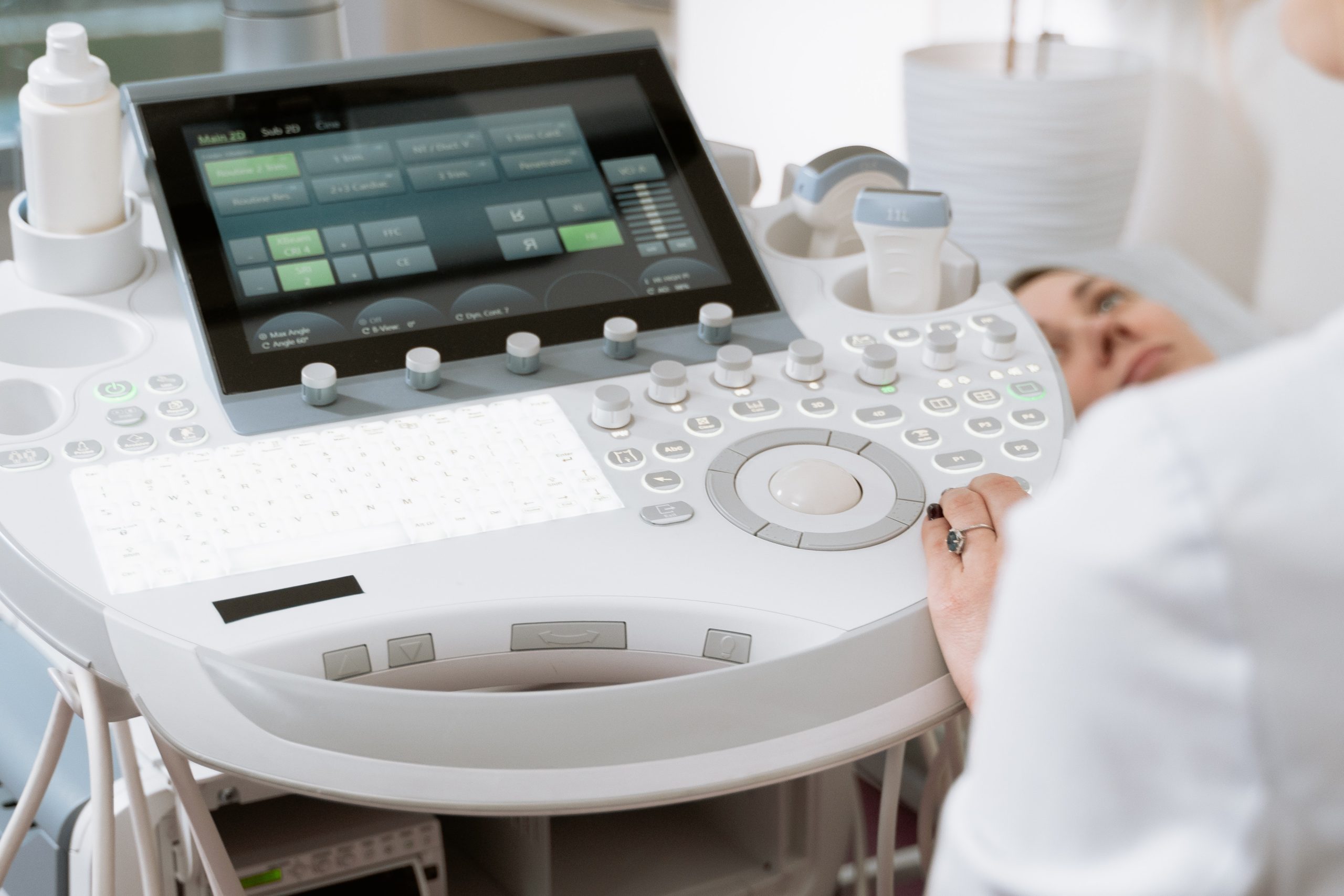The disease is caused by mutations in the genes that regulate the production and maintenance of the cells that form the tubules in the kidneys. The most common type of MCKD is caused by mutations in the gene called MCKD1, which encodes the protein called urea transporter 2.
Other types of MCKD are caused by mutations in the genes called MCKD2 and UMOD. MCKD is inherited in an autosomal dominant pattern, which means that a person only needs to inherit one copy of the mutated gene from one parent to develop the disease. This can happen either through a new mutation that occurs spontaneously or by inheriting a copy of the mutated gene from an affected parent.
MCKD usually causes progressive kidney damage and can lead to kidney failure. It can also increase the risk of developing kidney stones, infections and high blood pressure. Symptoms usually appear in the early adulthood and can include blood in urine, recurring kidney stone, pain in the back or side, and high blood pressure.
What are the health risks of medullary cystic kidney disease?
Medullary cystic kidney disease (MCKD) is a rare genetic disorder that can cause several health risks. Some of the potential complications of MCKD include:
The risk and severity of these complications can vary depending on the type of MCKD and the specific mutations in the genes that cause the disease. Early diagnosis and management can help to slow down the progression of the disease and prevent complications.
It is important to work with a healthcare team that includes a nephrologist, genetic counselor, and a renal dietitian who can help you to manage your condition and minimize your risk of complications.
It is important to note that MCKD is a rare disorder and there is no cure for it, however, early diagnosis and management can help to slow down the progression of the disease and prevent complications.

